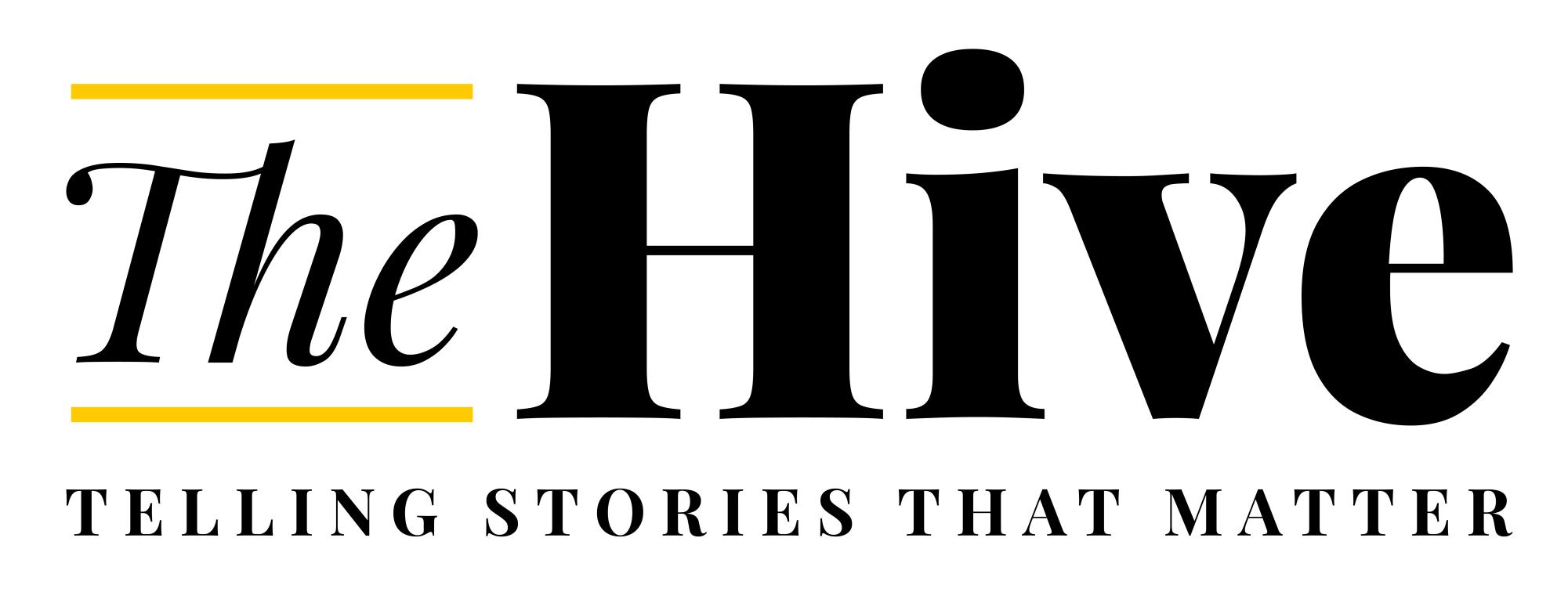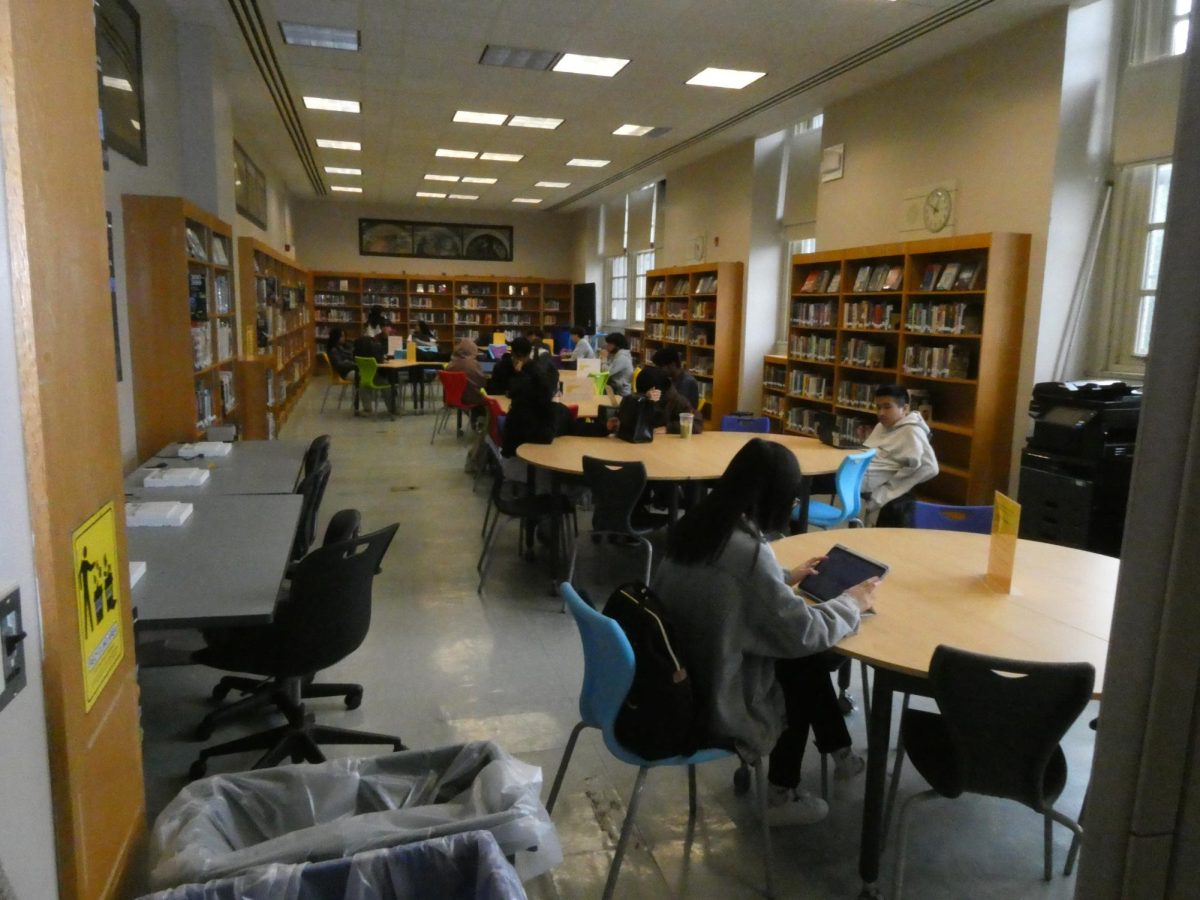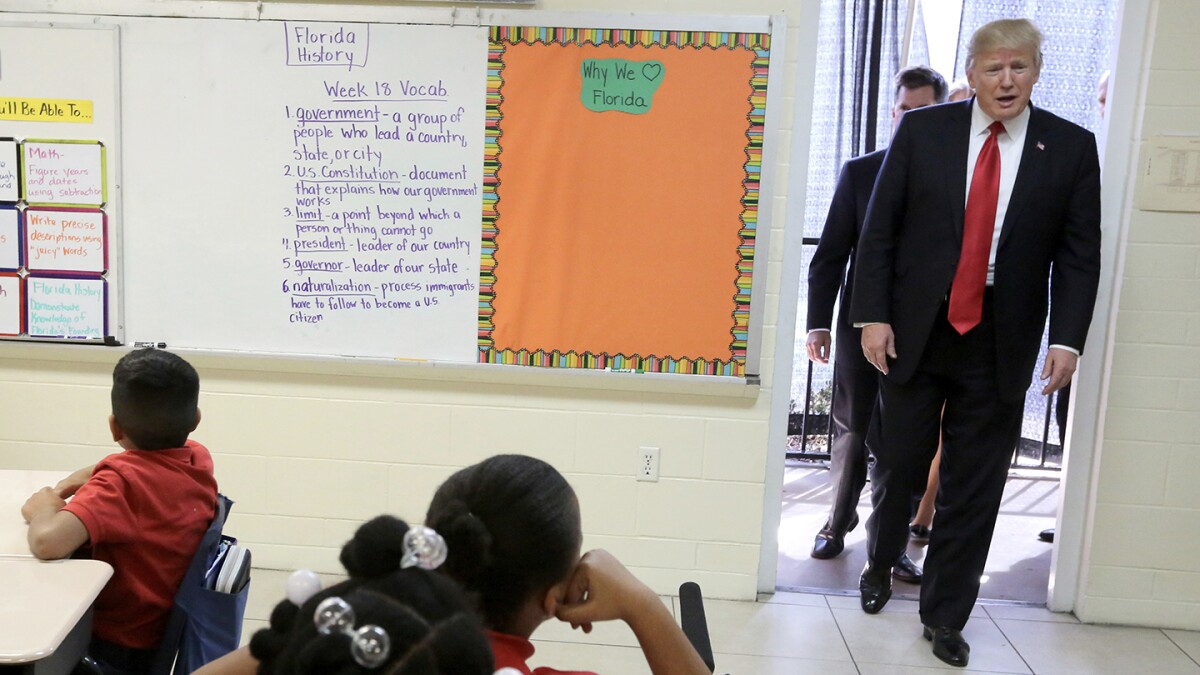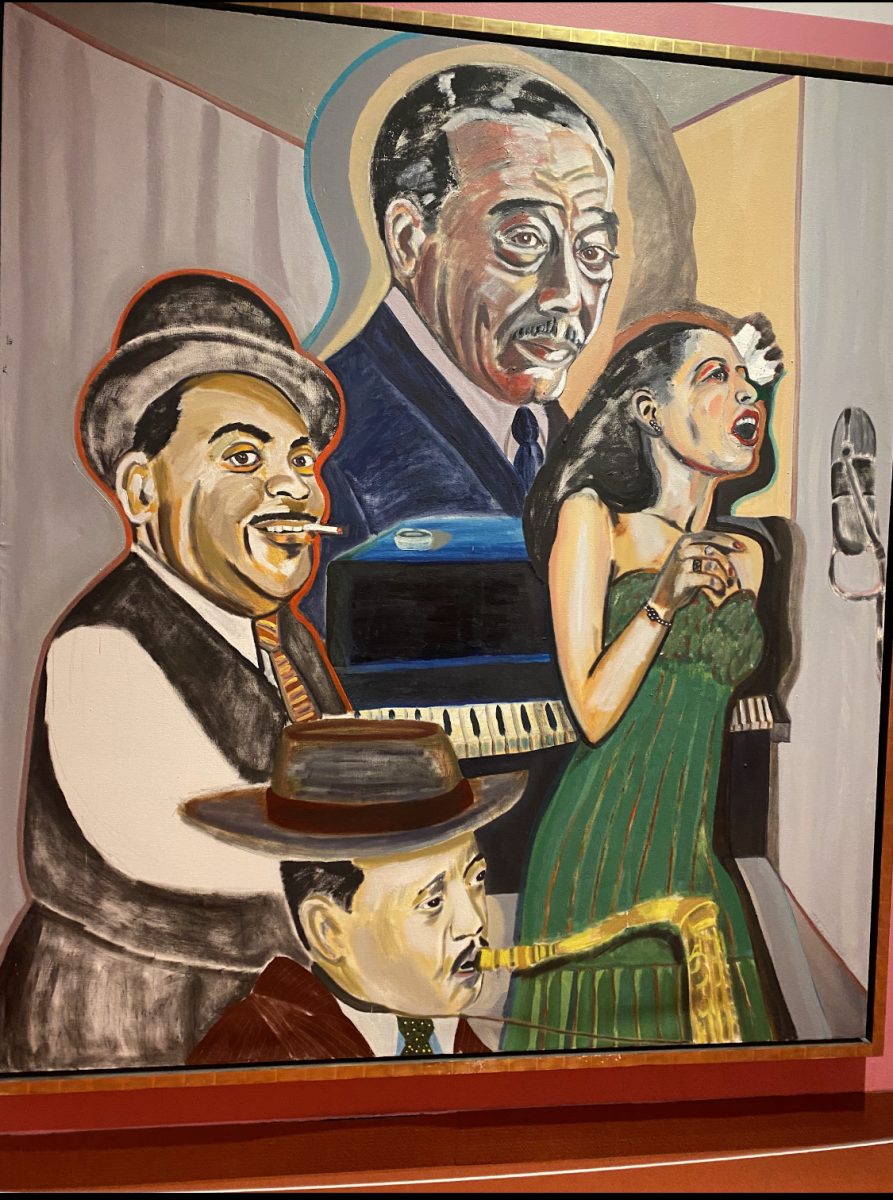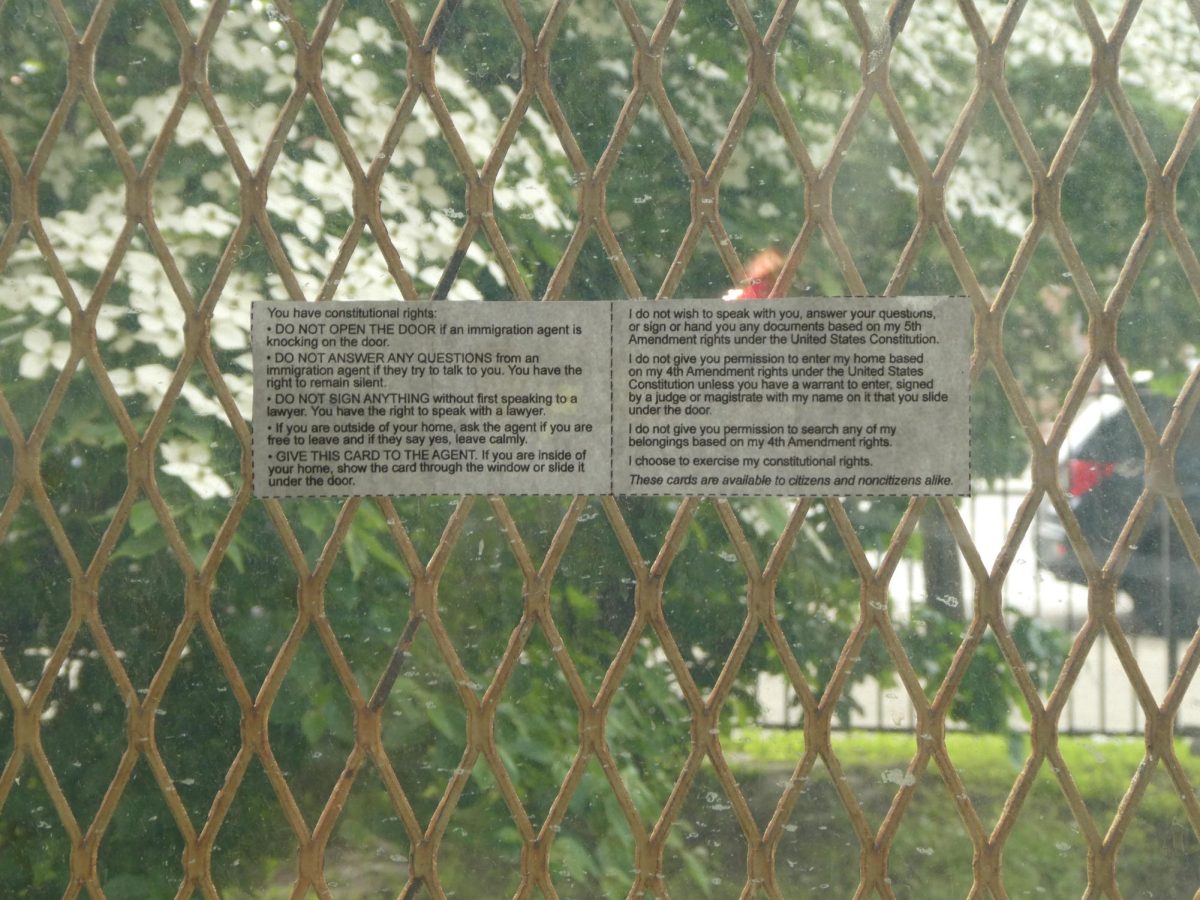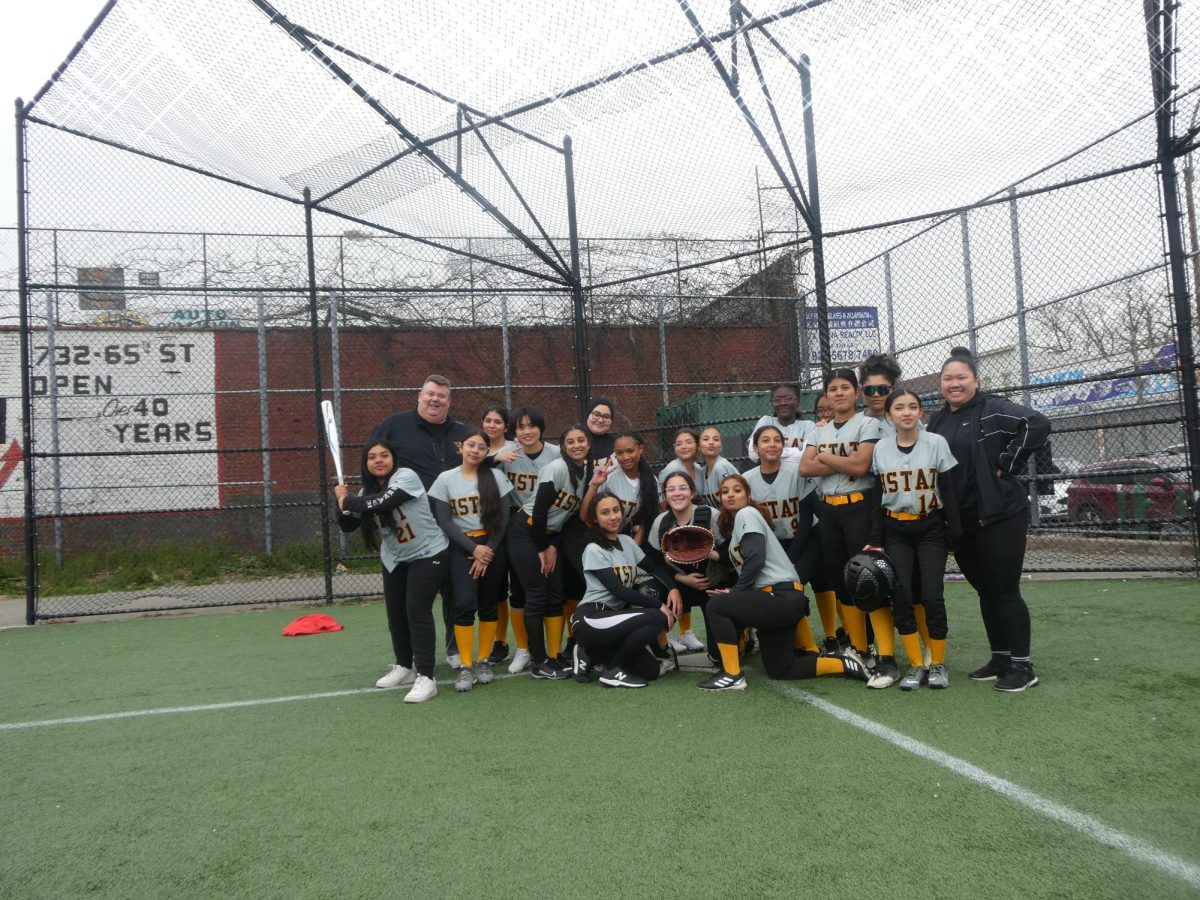My school library had some recent renovations, and on its front display lies a couple books in pristine condition. One of these books, which I recalled from an old English class “To Kill a Mockingbird” by Harper Lee, sat among them. Yet what came to my attention was not the irksome memory of my English teacher reading it aloud in her stern voice, but the sign that sat beside the display reading “banned books.”
Recently, students in the United States have seen a surplus of novels being challenged, which range from well known titles such as “The Handmaid’s Tale” to “The Kite Runner”. The Office for Intellectual Freedom, an association dedicated to preserving the concept of individual freedom whilst upholding libraries bill of rights, documented 4,240 titles targeted for such censorship two years ago, and this number is set to increase to 10,000, more than twice the number of bans in 2023 with the new administration. The same books students learn from, grow with, and develop new perspectives on the basis of are being silenced in print.
Preventing the banning of books within our school districts is vital to educate and protect our generation from modern day fascism.
In a study of data collected by the American Library Association, it was found that 47% of the books on the lists consisted of titles representing the stories of BIPOC and LGBTQ+ backgrounds. Hindering the deliverance of these stories not only is limiting to our education, but erases necessary history. The same perspectives expressed through this literature is vital for understanding the patterns of oppression that occurred during its occasion. Literature that delves into the conflicts faced by society are necessary for students’ development of empathy and basic understanding of the world around them.
Recent map key regarding American book bans illustrating the range of bans within state specific districts
If the banning of these books is so harmful to the progression of society, why does it still happen? The simple answer is control. Throughout history, the general suppression of information has been used to not only limit the viewpoints received by individuals, but to ease the consumption of propaganda by removing opposing arguments and feeding a singular narrative. An article featuring the revelations of Jason Stanley, a philosophy professor at Yale and author of “How Fascism Works” perfectly summarizes the issue seen in American book bans and power dynamics between the governed and governor. Stanley writes, “These laws have been represented by many as a ‘culture war’. This framing is a dangerous falsification of reality…laws criminalizing educators’ speech are no such thing – unlike a culture war, the GOP’s recent turn has no place in a democracy.”.
Although it can be argued that the banning of books has little correlation to facism, but rather a necessity in maintaining the appropriate status quo within districts, similar patterns of censorship for control have occurred to promote dominating viewpoints through history; these exact methods were practiced in the Nazi regime and Apartheid South Africa, both of which were used to manipulate narratives and suppress the uprising of opposing narratives aligning with the views of the oppressed. Knowing this, can we really deny that this withholding of stories is paved with good intent?
In order to preserve these literary histories, communities can take part in board meetings, speak out against censorship, and support authors targeted by these bans through purchasing physical copies or educating themselves on its premise. Dictatorship and Fascist ideologies are infecting our libraries under a tapestry of false necessity, and it is essential that we challenge them to protect our future.
Works Cited
American Library Association. “Book Ban Data.” ala.org, 2024, https://www.ala.org/bbooks/book-ban-data. Accessed 27 March 2025.
The Guardian. “Banning ideas and authors is not a ‘culture war’ – it’s fascism.” theguardian.org, 2023, https://www.theguardian.com/us-news/2023/feb/13/african-american-studies-republican-ban-florida. Accessed 27 March 2025.
PEN America. “Book Bans.” Pen.org, 2024, https://pen.org/book-bans/. Accessed 27 March 2025.
